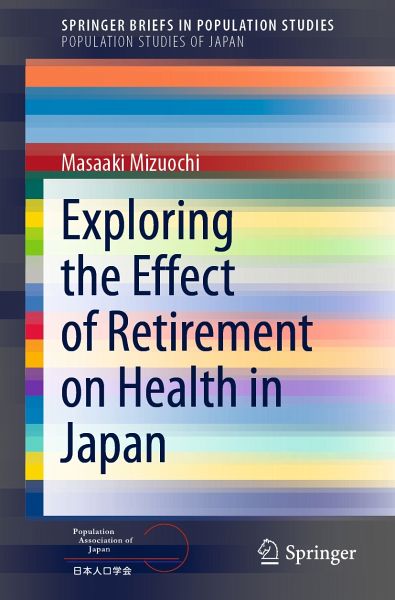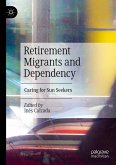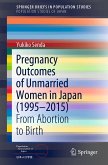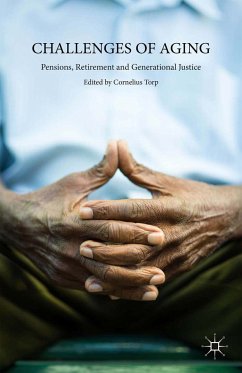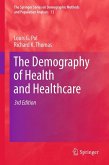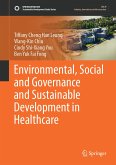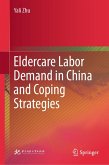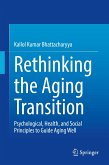This book examines the relationship between retirement and health of older people in Japan's super-aging society and provides a key to understanding the remarkable longevity of the population. It also furnishes new evidence in this research field where the findings have been conflicting and the detailed causal mechanism has not been clarified for many years. For that purpose, a large-scale survey was used, "The Longitudinal Survey of Middle-Aged and Elderly Persons," which was conducted in Japan from 2005 to 2015 with 34,240 respondents aged 50-59 years in the first sample. Using this longitudinal survey, which focused on people just before retirement, and rigorous causal inference including instrumental variable and panel estimation, several research questions were tested.
Specifically, existing literature does not provide sufficient findings about the heterogeneity in the effect of retirement on health. Thus, we have questions which should be addressed: does retirement affect health immediately or with delay; does the lifestyle before retirement matter for post-retirement health; and which is better for health retiring early or late? The lack of this viewpoint is believed to have led to the conflicting previous findings. If we know the answers to the questions, we would be able to understand the mechanisms between retirement and health, and prepare more properly for better retirement life.
Showing the results of the testing of these questions, this book provides readers, researchers, and policymakers a comprehensive understanding of the retirement-health relationship and a suggestion for an effective labor and health policy in an aging society.
Dieser Download kann aus rechtlichen Gründen nur mit Rechnungsadresse in A, B, BG, CY, CZ, D, DK, EW, E, FIN, F, GR, HR, H, IRL, I, LT, L, LR, M, NL, PL, P, R, S, SLO, SK ausgeliefert werden.

